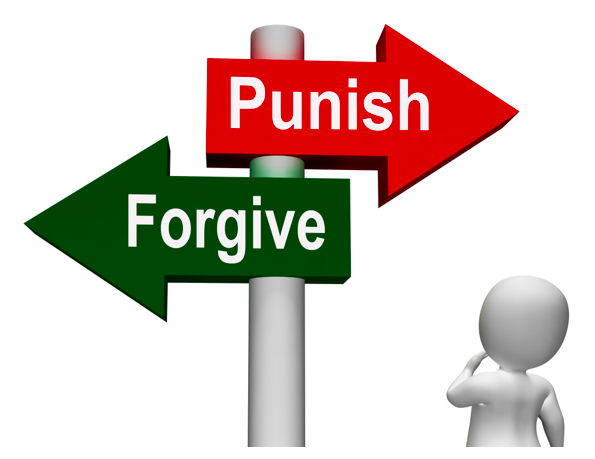Risks of failing to make court-ordered child support payments
One of the more contentious components of divorce proceedings is child support payments, and parents who don’t make court-ordered payments on time risk facing harsh penalties.
Repercussions including pay garnishment and imprisonment
The following are some of the most frequent fines for failing to pay child support:
- Warrant issued for arrest, which may be criminal or civil
- Finding of contempt of court
- Fines, jail, or both
- Garnishment of wages, including unemployment and worker’s compensation
- Denial of tax refunds
- Exclusion from receipt of certain government benefits
- Revocation of passport
- Suspension, revocation, or denial of various licenses—professional, driver’s, hunting/fishing/boating
- Having a lien placed on the property to cover payment
Laws vary by state
It is significant to note that while state laws and the application of sanctions differ with regard to child support, one thing remains constant: every state is ready to execute child support orders from its own courts as well as those from courts in other states. The Deadbeat Parents Punishment Act also allows for federal charges to be filed against parents who cross state boundaries to evade paying child support. Convictions can result in required repayment for unmet support obligations and, in some cases, up to two years in jail.
Financial setbacks? Be proactive in seeking help
Those who are having trouble paying payments are recommended to take all necessary steps to guarantee prompt payment due to these potentially severe penalties.
The local enforcement agency may be persuaded to assist in setting up a temporary payment plan to prevent a parent who is required to pay child support from falling behind if full payment appears to be unattainable due to financial concerns.
It is also possible to ask the court to modify support orders. Even so, the asking parent might need to provide evidence of a change in circumstances, such as a drop in income or other financial difficulty, a change in the parenting plan, a change in the child’s demands, or unforeseen medical concerns.
Payment delinquencies should not affect visitation rights
Child support responsibilities are wholly unrelated to visitation privileges. Even if a parent is unable to pay child support, they are still entitled to court-ordered visits, and the custodial parent is not allowed to limit access. In fact, denying a nonpaying parent the opportunity to use their visiting rights may make the custodial parent appear unfavorable to the court.
Both parents should remember that the kid has the right to receive support, whether they are the payer or the beneficiary of child support.
Neither parent should make an effort to utilize the other’s parental role as a tool for punishment, control, or influence.

